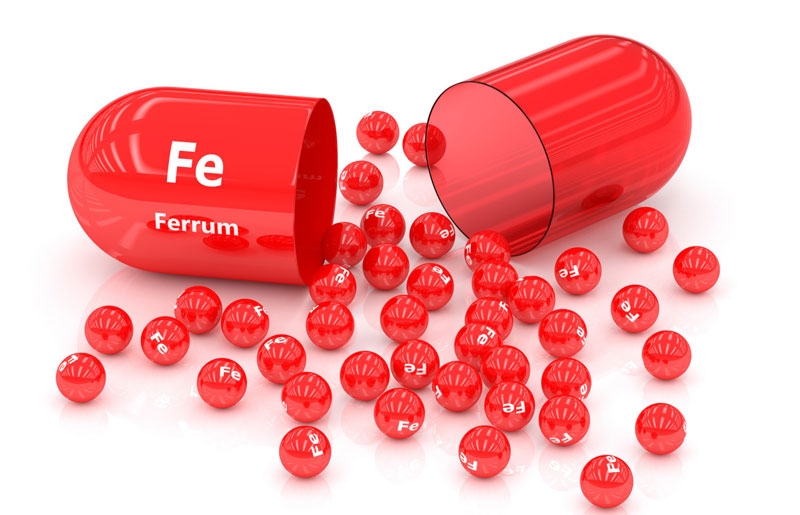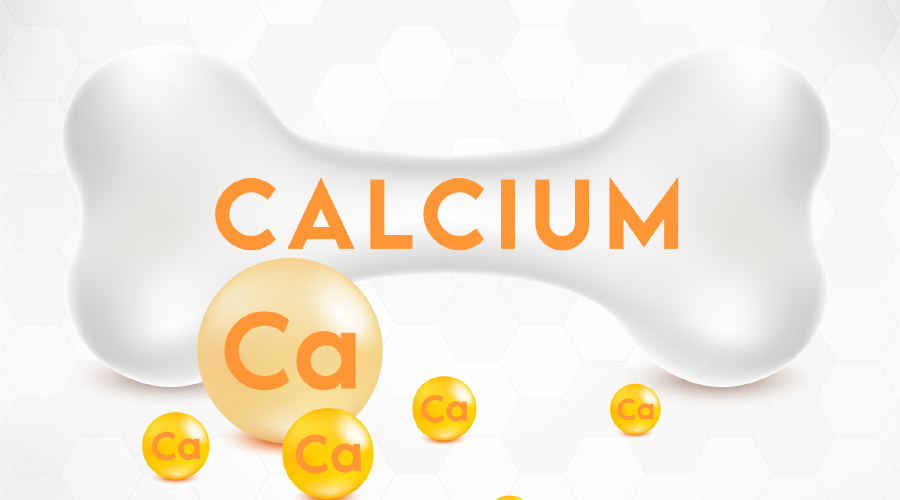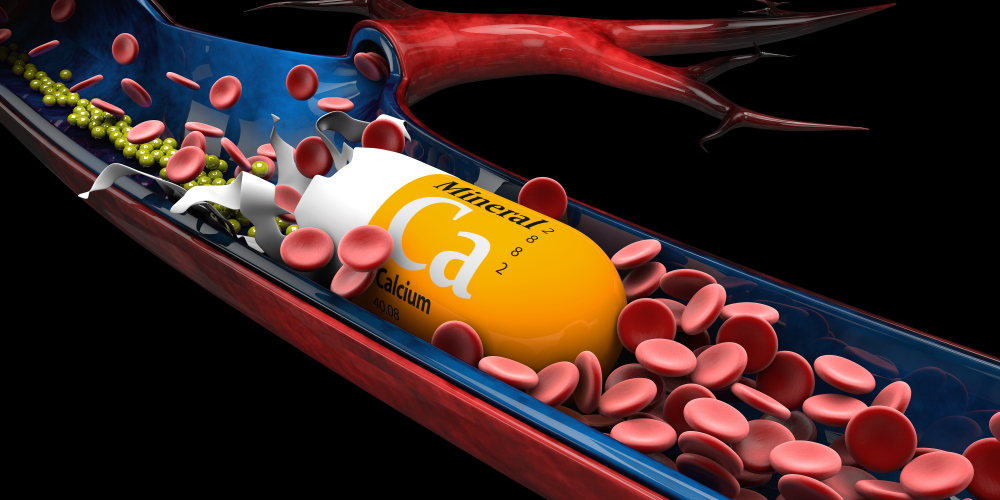When supplementing nutrition, not only choosing quality food sources but also the timing of consumption plays a vital role. For iron and calcium, two crucial minerals for health, knowing the optimal time to take them can maximize absorption and is a common concern for many. Read this article to learn more helpful information!
When is the Best Time to Take Iron and Calcium for Optimal Results?
The Best Time to Take Iron

The timing of iron intake is crucial for optimizing its absorption. Iron absorbs best on an empty stomach. Therefore, many experts recommend taking iron 30 minutes to 1 hour before a meal.
Taking iron in the morning or at noon, as recommended by experts, aims to optimize absorption and utilize its benefits. Iron plays a vital role in transporting oxygen to cells and producing energy. Supplementing iron in the morning or at noon can help provide energy and enhance focus for daily activities.
Also, when taking iron in the morning or at noon, combining it with vitamin C-rich foods like orange juice can enhance iron absorption. This timing also avoids side effects that could affect sleep at night. Parents can consider Ferrolip Baby iron for their babies!
See also:
- Is Ferrolip Baby Iron Good? – Answers from…
- [Answer] Do Pregnant Women Need Additional Iron Supplements While Taking Elevit?
- Guide to Iron Supplementation for Anemic Children and How…
The Best Time to Take Calcium

For effective calcium absorption and metabolism, you should choose the morning or noon as the appropriate time. This is because sunlight and daytime physical activity enhance calcium absorption.
Furthermore, Calcium is best absorbed when combined with vitamin D. Therefore, if you take calcium with a vitamin D-rich meal (salmon, eggs, or mushrooms) in the morning, absorption will be optimized. Do not supplement more than 2500 mg of calcium per day, as this can cause various health problems such as hyperthyroidism or kidney stones.
Besides, experts advise against taking calcium in the afternoon or evening. Calcium and magnesium are often combined in many supplements. Magnesium can improve sleep, but if you’re not used to it, taking a large amount of magnesium in the evening can cause diarrhea. Also, the calcium absorption process can stimulate the body and cause insomnia in some people. For babies, parents can consider Bestical bio-calcium for babies from 4 months old.
See also:
- Bestical Calcium Review – Honest Feedback from Mothers
- [Answer] Where to Buy Bestical Calcium? How much does it cost?
- Top 5 Best Calcium Supplements for Babies Recommended by Many Mothers…
How Long Should I Wait Between Taking Iron and Calcium?

Calcium and iron can compete for absorption in the small intestine. When consumed within a short period, calcium can reduce iron absorption and vice versa.
Therefore, if you need to supplement both iron and calcium, separate them by at least 2-3 hours. For example, you can take iron in the morning and calcium in the afternoon. Alternatively, after taking iron in the morning, you can wait 2 hours before taking calcium. This helps optimize iron absorption before calcium has a chance to interfere with the process.
In addition, some foods, such as tea, coffee, milk, and dairy products, can affect iron absorption. If you are supplementing iron, try to avoid consuming these foods at the same time.
On the other hand, foods rich in oxalate (such as spinach, beets, chocolate) and phytate (found in grains and beans) can hinder calcium absorption.
The Role of Iron and Calcium in the Body

Iron and calcium are two essential trace elements that play an indispensable role in maintaining the balance and health of the human body.
Iron is a crucial element in the production of red blood cells. Red blood cells are responsible for carrying oxygen from the lungs to cells throughout the body. Additionally, they metabolize energy and support the immune system. Iron deficiency can lead to anemia, causing fatigue, weakness, and increased susceptibility to illness.
Calcium, another chemical element, is primarily known for its role in building and maintaining bones and teeth. Moreover, calcium also participates in many other important physiological processes such as muscle contraction, nerve transmission, and blood clotting. Long-term calcium deficiency can lead to osteoporosis, increasing the risk of fractures and other health problems.
Therefore, maintaining adequate iron and calcium intake in your daily diet is essential to ensure optimal health and bodily functions.
In summary, you need to know when to take iron and calcium to maximize their effectiveness for the body. Establish a nutritious diet to receive appropriate amounts of calcium and iron.

